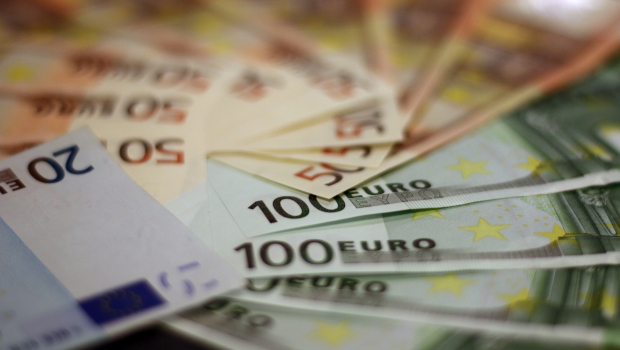
Mixed market messages on tech
This year’s State of European Tech report, published by Atomico on Monday, had some good news for the sector and the continent: Europe is “solidifying its place as a global tech power”. Positive metrics include availability of funding, talent and a sustained increase in tech job postings. Europe is now behind only the US as a region for early-stage investment, it found, accounting for 33% of all capital invested in start-ups and total funding is set to pass $100 million (€88.62 million) this year.
Elsewhere though, trouble is brewing: last week saw the first sustained drop in high-tech share prices in over a year. This went largely unnoticed because funds that track the major indices such as the S&P 500 and Nasdaq are heavily loaded with shares of Apple, Microsoft and Tesla, the first two of which continue to ride high on enormous profits, while Tesla’s recent share dip is barely a drop in the bucket compared to its explosive growth in the past two years.
This is not quite a re-run of the dotcom bust, however. Thus far the drop has not been terribly severe and many of the companies going down – including Salesforce, Paypal, Adobe and Autodesk – are profitable. Where the 2001 crash was marked by worthless companies getting wiped-out, today is seeing a grinding down of viable businesses.
Markets dip for any number of reasons and the likely culprits for December’s stumbles are not exactly a mystery. First of all, the US central bank, the Federal Reserve, has admitted inflation is high, with boss Jerome Powell now saying a reduction in the bank’s asset purchase programme designed to keep the economy moving would be “appropriate”. In other words, the Federal Reserve is planning to cut bond purchases and hike interest rates. Secondly, there is the uncertainty caused by the omicron variant of the coronavirus.
Finally, there is the elephant in the room: overvaluation. Since the short-lived Covid crash of 2020, the Nasdaq index rose by 133%, and this came on top of decade-long bull run. Before the flash crash, the index was at 9,000; today, despite the recent drop, it remains over 15,000. Digging into the indices, it is clear that many individual stocks are overvalued: historically, the average price-earnings ratio for the S&P 500 has ranged from 13 to 15. Today, Microsoft trades at a PE ratio of 36, Adobe at 50, Amazon at 66, and Tesla at 328, while the index as a whole is hovering around 21.
Boom and slightly smaller boom
Of course, with work-from-home orders issued around the world the tech sector boomed, but there are signs of slowdowns in certain areas. A November report published by Context said server sales in Europe were down to their lowest level in four years, likely driven by a rush to hybrid and cloud solutions.
A fair question might be: why does any of this matter? The answer is two-fold. Firstly, the last thing any of us needs is the stock market to crash, dragging the real economy back into recession, especially given recovery from the 2008 recession was partial and sector specific. Secondly, the Irish economy is extremely dependent on investment from foreign, largely US, companies in quite narrow sectors, principally technology and pharmaceuticals.
It is easy to be a prophet of doom; it can even be profitable. For the moment, however, despite the uncertainty caused by Brexit, Covid and long-standing tax policies finally being slapped out of the country, the state of the local macro economy is not cause for alarm. In November, for instance, the European Commission said it expected the Irish economy to grow by 14.6% annually, albeit with high, and rising, inflation.
The tech sector has been kind to Ireland, but it would be a mistake to ignore the fact that it is changing. News that Europe is a growing centre for tech, including investment in new businesses (one executive I spoke with recently said he expected the number of Irish so-called ‘unicorns’ to double in the next few years), is welcome and a modest share price correction may be no bad thing either, but the road ahead may be bumpier than anyone predicted. For those working in tech, however, the augers are good as the cliche that ‘every business is a tech business’ is rapidly becoming a reality.







Subscribers 0
Fans 0
Followers 0
Followers